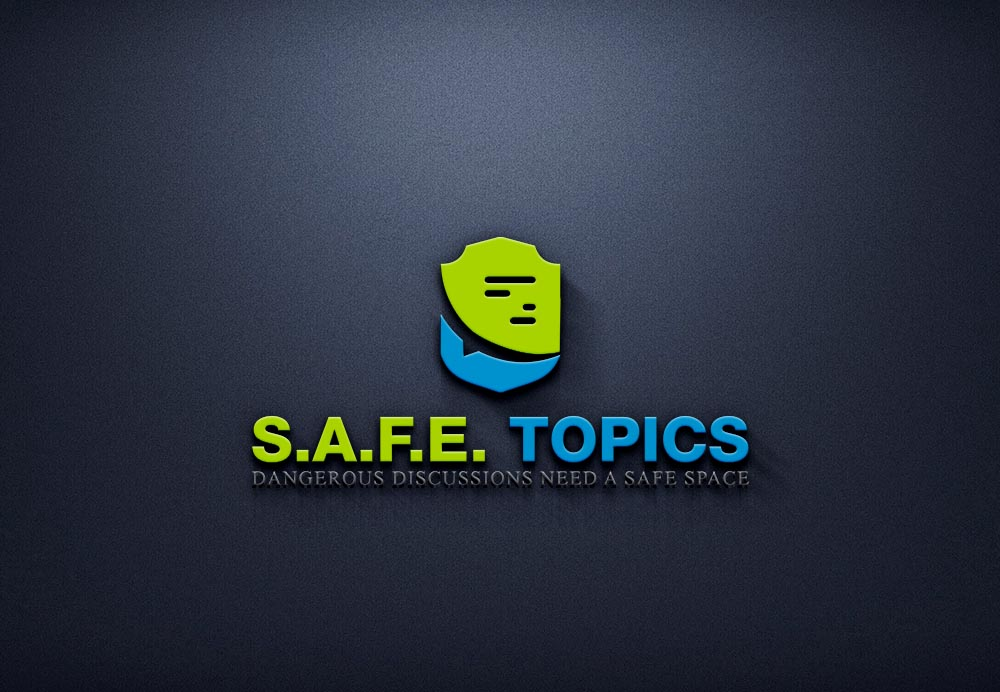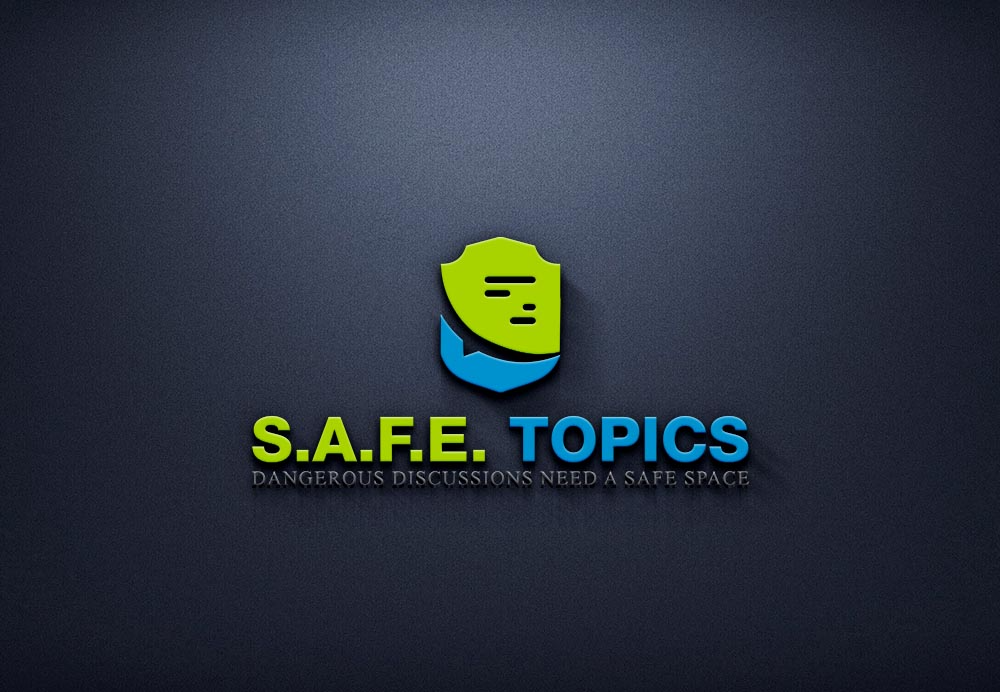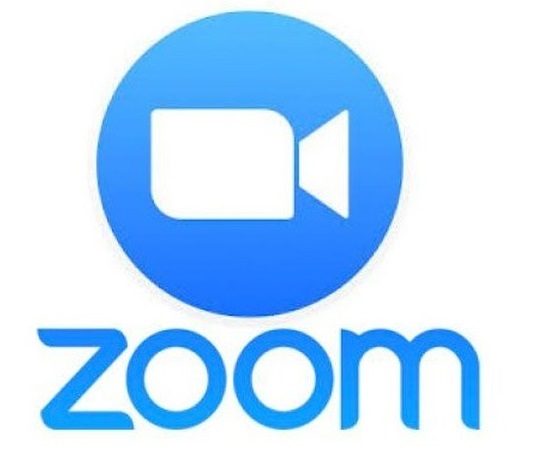C3-2-1 Newsletter #18
Hello, Faculty Community!
***You are receiving this newsletter because you are a faculty member at MiraCosta College. I, Sean Davis, am the coordinator of our C3 Teaching and Learning Center***
I am proud to be a member of the Asian and Pacific Islander Community and in solidarity with our sisters during this moment of grief and pain.
3 resources related to teaching and learning, 2 online tips and tricks, and 1 question for reflection
Looking for archived resources, tips/tricks, and questions?
Revisit the past editions of the C3-2-1 Newsletter here.
Want to share?
If you have some resources, tips/tricks, and questions to share, please contribute to the newsletter using this C3-2-1 Form.

(3) Resources
- Leading with Justice – Educational Leadership Speaker Series
This resource was sent to me by Chad Tsuyuki (Letters). Thank you, Chad. You always have excellent recommendations. Sacramento State University is organizing this series with several prominent leaders in education, and it is available free for all. The talks are being recorded, and some have already been archived on their website. This series is a year-long effort with a full slate of speakers this spring and fall. - Misinformation Forum Series
Our Web Services & Emerging Technologies Librarian, Lauren McFall, has organized an interdisciplinary faculty lineup to present intriguing and timely topics this Spring.
Misinformation is an old problem, but technology has manifested that problem in new ways. In response to recent events over the last year, the MiraCosta College Library, in collaboration with faculty across many disciplines, hosts a series of misinformation forums to discuss these issues and help promote information literacy. Students, Staff, Faculty, and Administration alike are welcome to join the discussion.
You can watch the first forum here – My Neighbor is a Conspiracy Theorist! The Psychology of Misinformation and How to Dilute the Kool-Aid. - Instructional Design and Faculty Mentor Support
Peer faculty mentors are great for specific questions on online teaching strategies, tools, and other kinds of professional advice and support to help you serve students effectively while staying healthy and sane.
Our Instructional Designer can provide more extensive support such as thorough course design feedback and assistance, making course materials fully accessible, reviewing and adopting Open Educational Resource course material, and more.
Use this form to get connected to a mentor and/or our instructional designer – Instructional Design and Faculty Mentor Support
Please do not forget to take advantage of these valuable resources provided by dedicated and talented folks.
(2) Online Tips and Tricks
Did you know you can add rubrics to quizzes in Canvas? I did not. You can’t use the rubrics to grade quizzes (I am not sure how that would work anyway). However, you can use rubrics to clarify expectations for quizzes and give students a bit more guidance before they take an assessment.
2. Using the Outcomes Feature in Canvas
If you are into backward design and ensuring students meet expectations for your student learning outcomes, this feature will be a powerful tool for you. It is especially helpful when it is time to measure SLOs at the departmental level. Using this tool will help track mastery of content in your classes.
(1) Question
How can we care for those suffering right now and still preserve ourselves for the long road ahead?
(Try to) Stay joyful,
Sean Davis
Joyful Teacher in Residence
Coordinator, C3 Teaching and Learning Center







